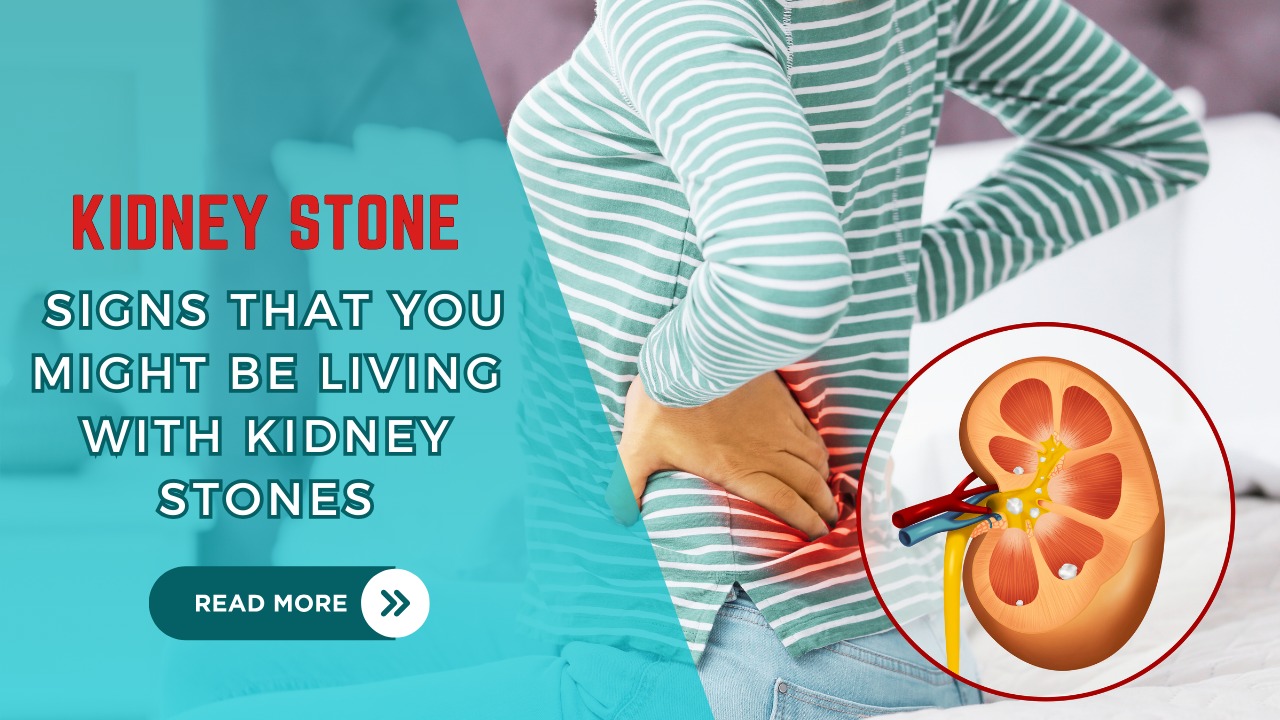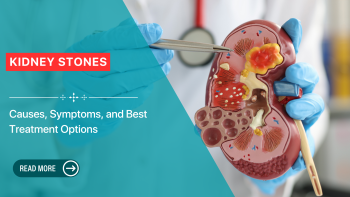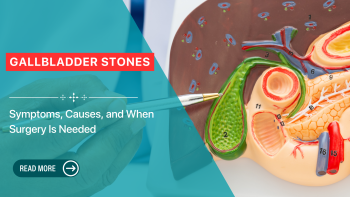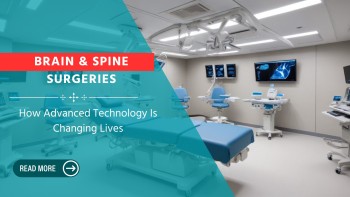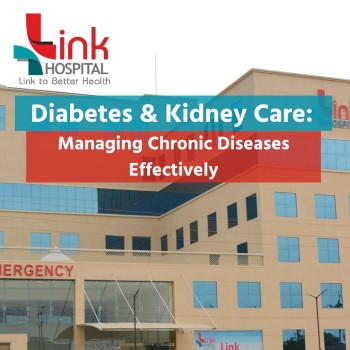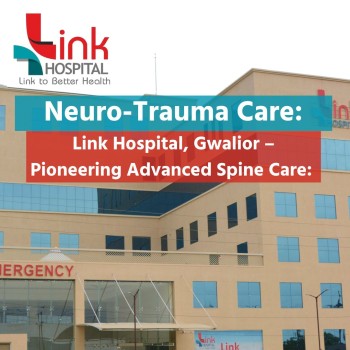Kidney stones are solid deposits that form
in the kidneys from minerals and salts in urine. These stones can vary in size,
from as small as a grain of sand to as large as a golf ball, and can cause
significant discomfort and complications if not addressed promptly. They are often caused by factors
such as dehydration, certain medical conditions (like hyperparathyroidism or
urinary tract infections), a Diet high in oxalates or sodium, and a family
history of kidney stones.
Signs and Symptoms of
Kidney Stones
- Severe Pain: One
of the most common symptoms of kidney stones is intense pain in the back,
side, lower abdomen, or groin. The pain may come in waves and can be
excruciating.
- Urinary Changes: People with kidney stones may
experience frequent urination, pain or burning sensation during urination,
and blood in the urine (hematuria).
- Nausea and Vomiting: Kidney stone pain can be
accompanied by nausea, vomiting, and a general feeling of discomfort.
- Urinary Tract Infections
(UTIs): Kidney stones can increase the risk of UTIs,
leading to symptoms such as fever, chills, and cloudy or foul-smelling
urine.
- Persistent Pain:
If you experience persistent or recurrent pain in your back, side, or
abdomen, especially if it's severe and doesn't improve with rest or
over-the-counter pain medications, it could indicate kidney stones.
- Visible Blood in Urine: Hematuria, or blood in
the urine, can be a sign of kidney stones, especially if it's accompanied
by pain or discomfort during urination.
- Frequent Urination: Needing to urinate more
often than usual or feeling a strong urge to urinate, even if you have a
small amount of urine, may be a symptom of kidney stones.
- Discomfort or Pressure:
Some people with kidney stones may feel a sense of pressure or discomfort
in their lower abdomen, groin, or back, even when not actively passing
urine.
When to Seek Medical Treatment?
- Persistent or Severe Symptoms:
If you experience persistent or severe pain, nausea, vomiting, fever, or
other concerning symptoms, seek medical attention promptly.
- Difficulty in Passing Urine: If you have difficulty
passing urine, experience painful urination, or notice changes in urine
colour or odour, consult a healthcare professional.
- Previous History of Kidney
Stones: If you have a history of kidney stones or are at
risk due to medical conditions or lifestyle factors, monitor your symptoms
closely and seek medical advice if symptoms arise.
- Stay Hydrated: Drinking
plenty of water helps dilute urine and prevents mineral buildup, reducing
the risk of kidney stone formation.
- Watch Your Diet: Limiting foods high in
oxalates, such as spinach, chocolate, nuts, and beets, can help prevent
certain types of kidney stones. Additionally, reducing salt and animal
protein intake may be beneficial.
- Maintain a Healthy Weight: Obesity and excess
weight can contribute to kidney stone formation. Maintaining a healthy
weight through diet and exercise can lower this risk.
- Monitor Medications:
Some medications can increase the risk of kidney stones. Consult with your
healthcare provider about the potential side effects and alternatives if
needed.
- Medication:
Depending on the type and size of the kidney stones, medications may be
prescribed to help dissolve stones or alleviate symptoms such as pain and
inflammation.
- Extracorporeal Shock Wave Lithotripsy (ESWL):
This non-invasive procedure uses shock waves to break up kidney stones
into smaller pieces, making them easier to pass through urine.
- Ureteroscopy (URS): URS involves using a
thin, flexible scope to locate and remove kidney stones from the urinary
tract, typically recommended for larger stones or those causing blockages.
- Percutaneous Nephrolithotomy
(PCNL): For large or complex kidney stones, PCNL may be
performed, where a small incision is made in the back to access and remove
stones directly from the kidney.
Expert Care at Best Hospital in Gwalior
At Link Hospital, our expert urologists and nephrologists
specialize in diagnosing and treating kidney stones with precision and
compassion. From advanced diagnostics to minimally invasive procedures, we
offer comprehensive care to help you manage kidney stones effectively and
improve your quality of life.
Don't ignore the signs of kidney stones. Contact Link Hospital today for personalized evaluation and treatment options tailored to your needs.
